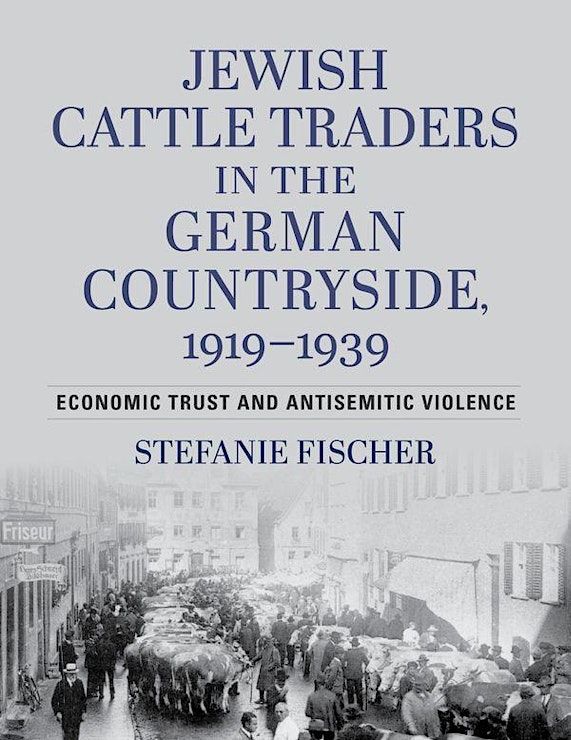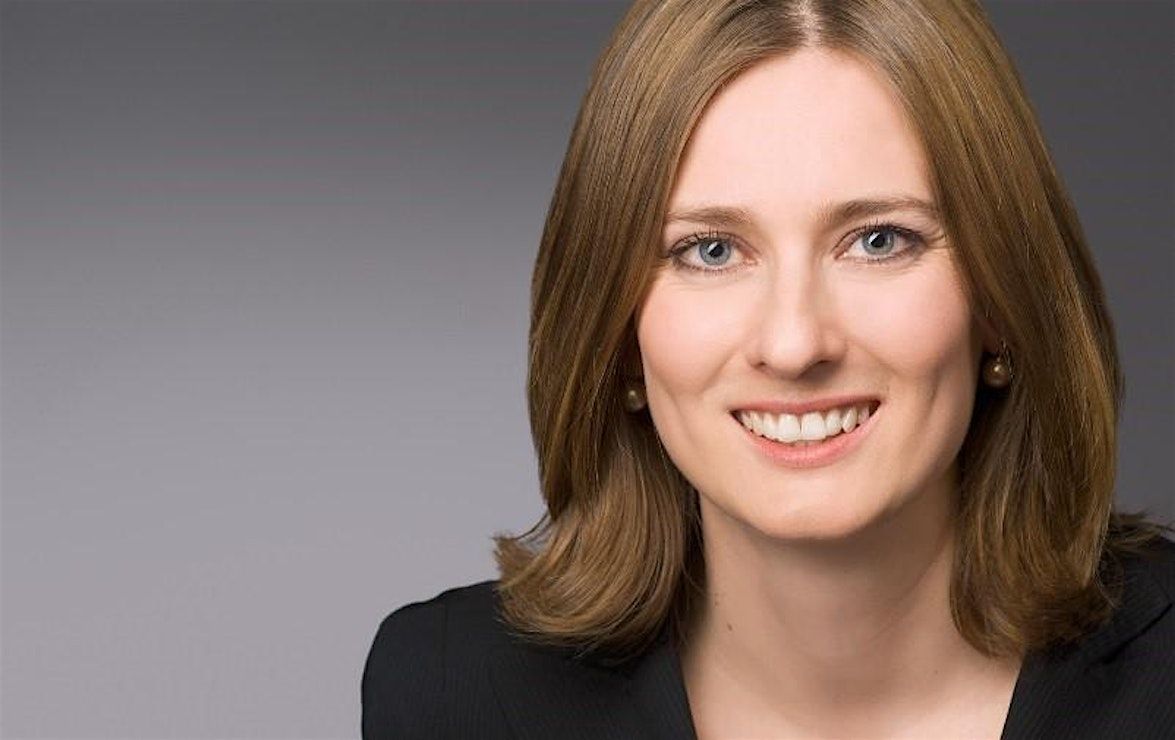Book Talk: Jewish Cattle Traders in the German Countryside, 1919-1939
Schedule
Tue Sep 24 2024 at 06:30 pm to 08:00 pm
Location
Center for Jewish History | New York, NY

About this Event

Stefanie Fischer, Senior Lecturer at the Center for Antisemitism Research at the Technical University Berlin, joins us to discuss her book about Jewish Cattle Traders in the German Countryside, 1919-1939, with moderator Jonathan Karp (History Department, Binghamton University, SUNY). Nathaniel Berman, whose family is presented in the book, will speak about the history of the Berman family in the cattle and dairy business in Germany and the US.
In her book Jewish Cattle Traders in the German Countryside, 1919–1939, Stefanie Fischer explores the social and economic networks in which this group operated and the informal but durable bonds between Jewish cattle traders and farmers that not even incessant Nazi attacks could break. Stefanie Fischer challenges the longstanding cliché of the shady Jewish cattle dealer by combining approaches from social history, economic history, and sociology. By focusing on trust and social connections, Fischer exposes the myriad inconsistencies that riddled the process of expelling the Jews from Nazi Germany.
<h4></h4>

<h4>About the Author</h4>
Stefanie Fischer (pictured) is a Senior Lecturer at the Center for Antisemitism Research at the Technical University Berlin. Her research interests include Jewish history, the history of trust and economics, and Holocaust history. In 2012, she earned a PhD from the Center for Research on Antisemitism, Technical University Berlin. She is co-author of Oberbrechen. A German Village Confronts its Nazi Past (Oxford University Press, 2024), and author of Jewish Cattle Traders in the German Countryside, 1919-1939. Economic Trust and Antisemitic Violence (Indiana University Press, 2024). Her book on economic trust and antisemitic violence was awarded the Fraenkel Prize for an outstanding work of contemporary history from the Wiener Library in London (2012) and also received the Irma-Rosenberg Prize (2014).
About the fellow panelists
Jonathan Karp’s research interests cross the boundaries between Jewish intellectual, cultural and economic history. His work explores both the roles Jews have played in modern economic life and the images and stereotypes that have accompanied them. His first book was The Politics of Jewish Commerce: Economic Thought and Emancipation in Europe (2008). He is currently completing a study of cultural relations between American Jews and African Americans, entitled Chosen Surrogates: How Blacks and Jews Transformed Modern American Culture. He is also the editor of numerous volumes – The Cambridge History of Judaism in the Early Modern World (2017), with Adam Sutcliffe, and World War I and the Jews (2017) with Marsha L. Rozenblit. From 2010-2013 he served as Executive Director of the American Jewish Historical Society. (From Binghamton University History Department).
Nathaniel Berman was born in Hollywood, Florida, and spent his summers and vacations at his father’s dairy farm in Okeechobee. He graduated from Hillel High school in North Miami Beach and then Columbia University. He attended Cornell Medical College, where he is an attending nephrologist and associate professor of medicine. He lives in NYC with his three children.
<h4></h4>
Where is it happening?
Center for Jewish History, 15 West 16th Street, New York, United StatesEvent Location & Nearby Stays:
USD 0.00
